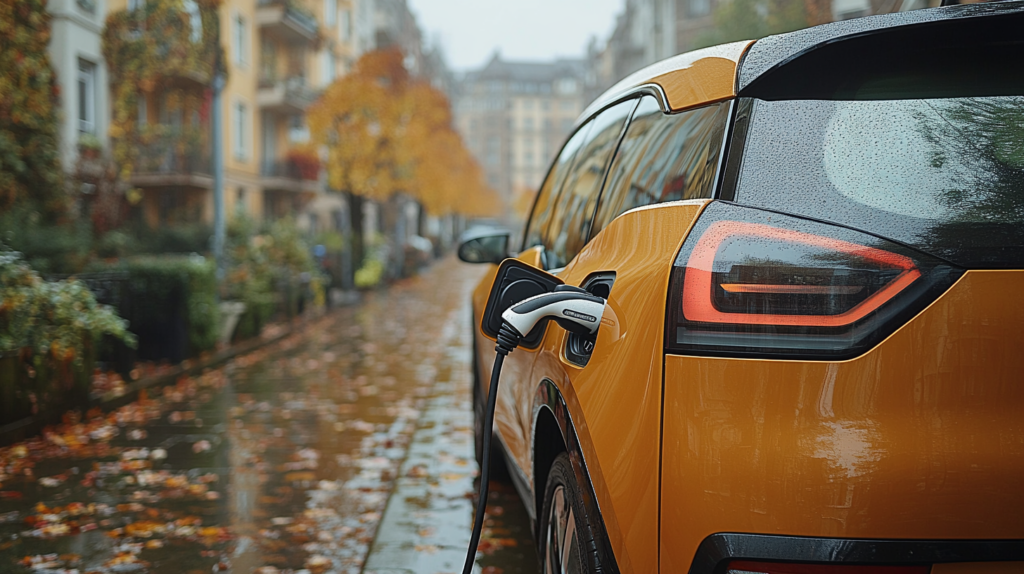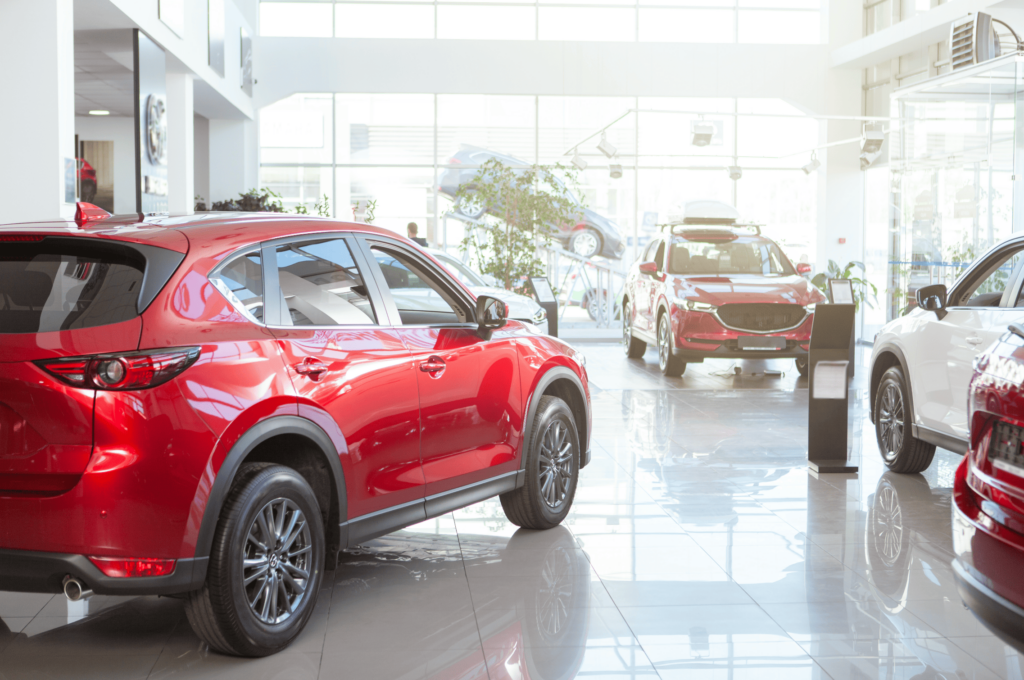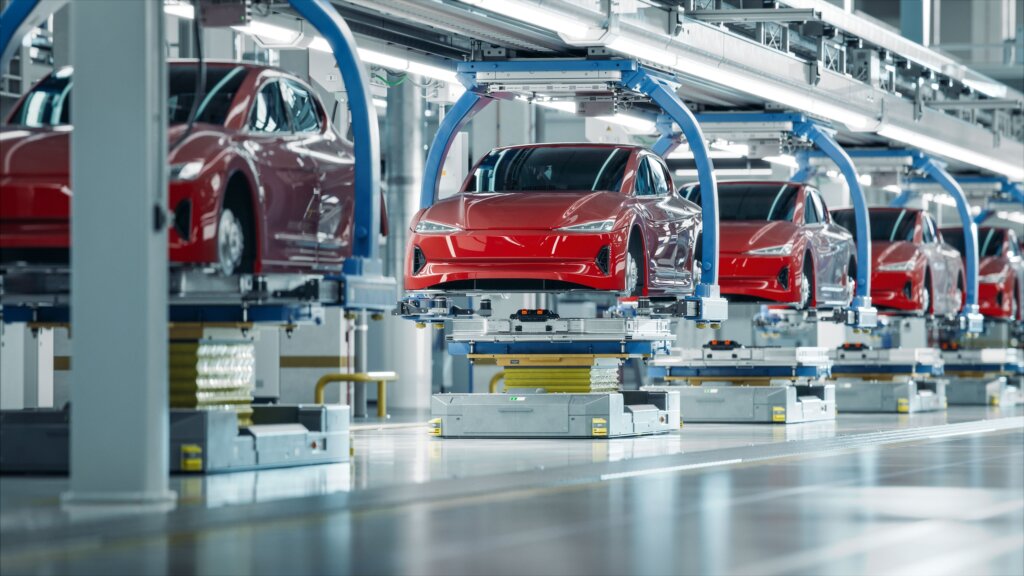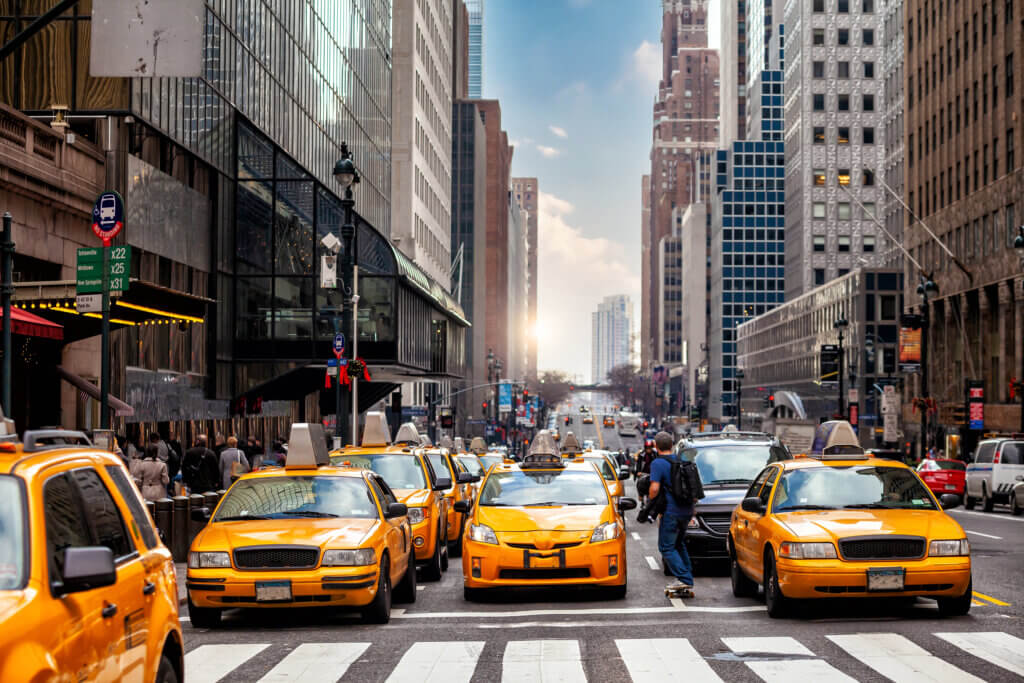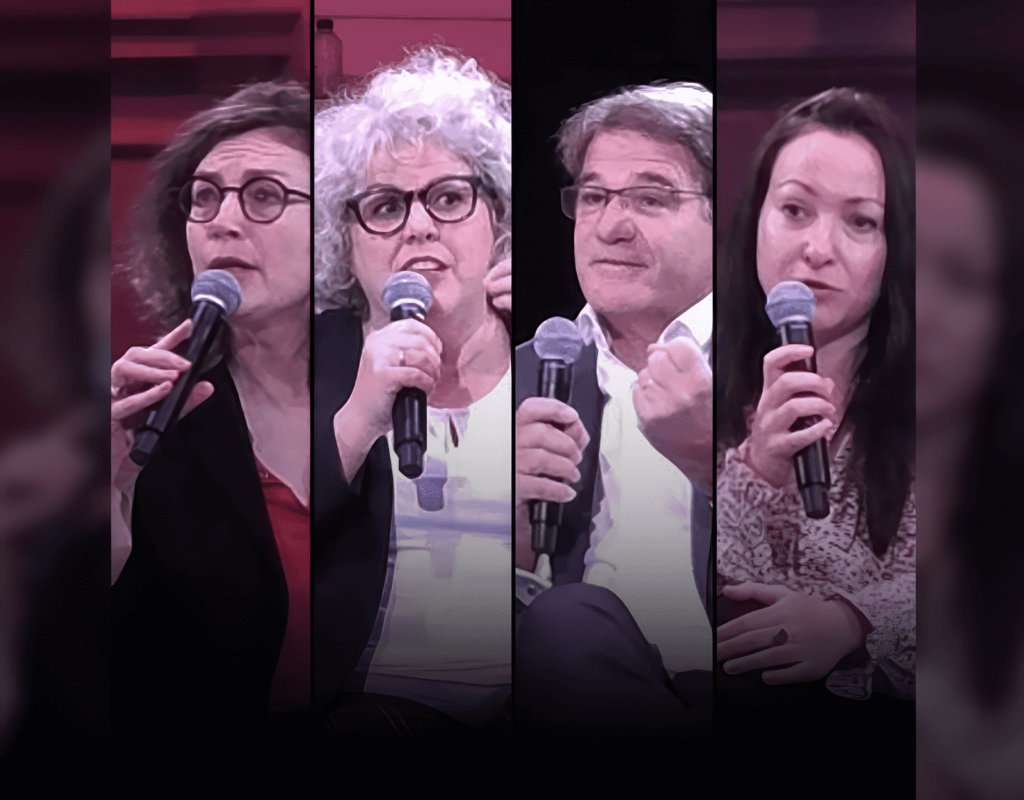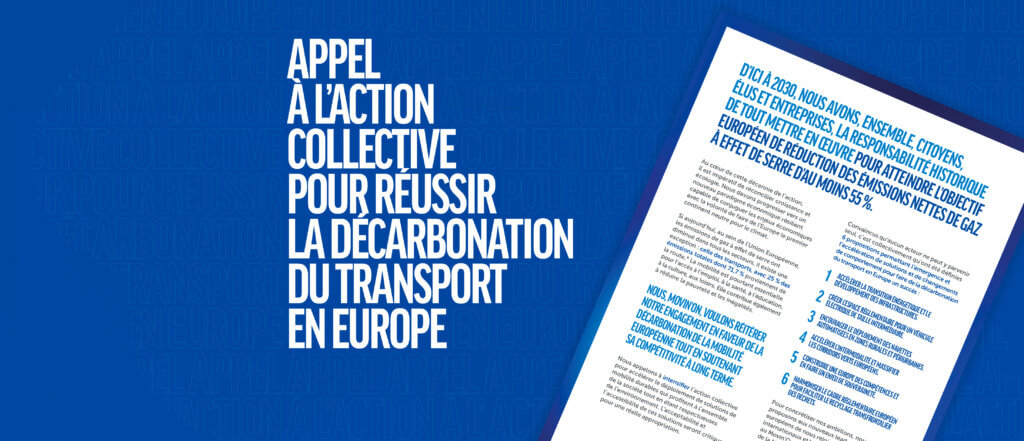Mobility study with Kantar - The quarter-hour city
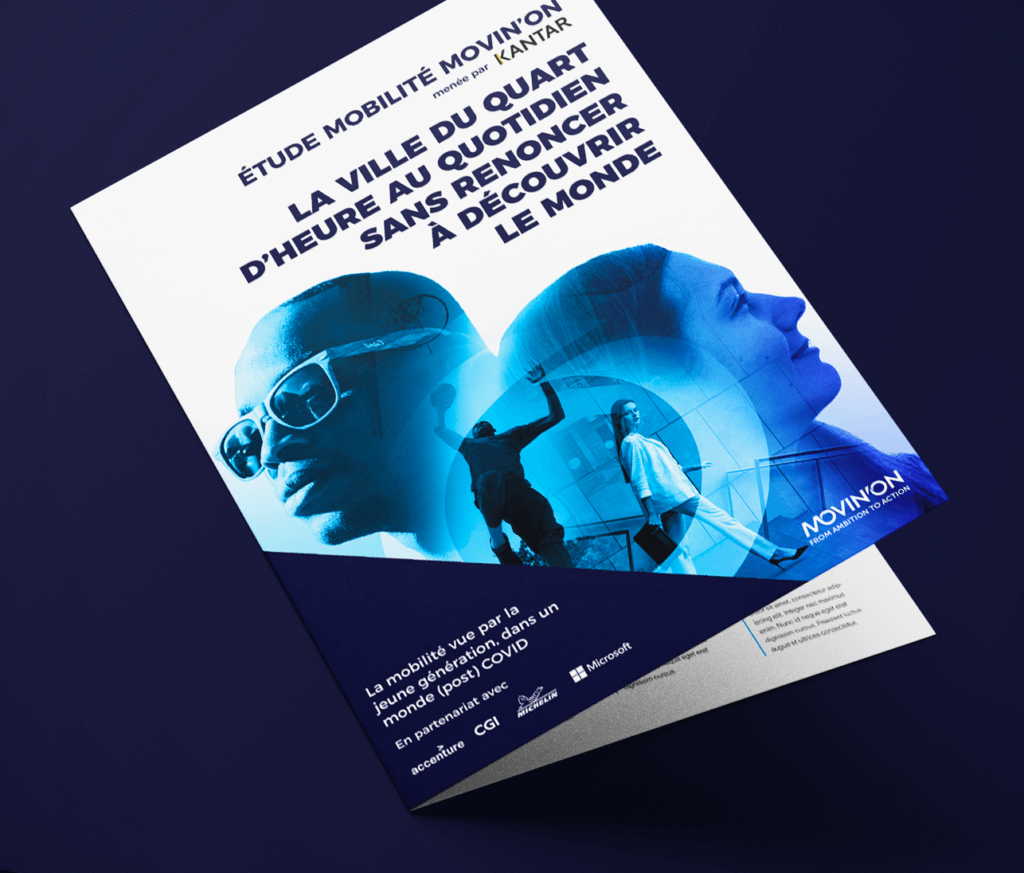
Movin'On presents the results of its survey of young city-dwellers committed to the environment.
By questioning the need for every journey, COVID has opened a window onto a new way of life. These young city-dwellers want to rediscover a form of village life in their neighbourhoods and organize their daily lives within a 15-minute radius from home.
This is an opportunity to give priority to sound forms of transport and to take advantage of the possibility of working from home. For some, this means leaving large urban centres for smaller and more affordable locations.
"I don't see myself living in a city for the rest of my life, but if a city were designed with this quality of life in mind, I would certainly consider staying in an urban environment for much longer.”
Seattle Tweet
"As more and more people get used to working from home, I think car use will decrease significantly.... I think more people will work from home, which will change travel patterns and encourage more local micro-mobility."
Montréal Tweet
This mindset is exactly the same when it comes to long-distance travel. They want to continue discovering the world and not give up on long-distance travel, even if today it's mainly by air. When high-speed trains or carpooling are available, they'll give them priority.
Their sustainable mentality will lead them to travel less often, but for longer. And during these trips, they will combine remote work with discovery, take their time and minimize impact on the planet.
"I hope to be able to go abroad as soon as the health situation improves, even if the option of flying seems unavoidable right now.”
Paris Tweet
"For me, the lockdown marked the end of mobility, full stop. What I missed most was being able to travel freely."
Nantes Tweet
In North America, this generation has high expectations for the development of high-speed trains to replace air travel on many routes. But in the absence of a better solution, they will resort to travelling by air.
In Europe as in North America, the generations Z and Y we surveyed are calling for a new kind of mobility. This is what we might call "hybrid mobility", where all forms and situations are intelligently combined rather than opposed: work and leisure, individual and collective mobility.
They're not ready to give up what brightens up their lives but they are trying to adapt their way of travelling consistently with their values.
Here again, these “digital natives”, who demand a fair balance between work and private life, want to adapt their way of getting around to the life they want, accelerating in the process the transformation of mobility.
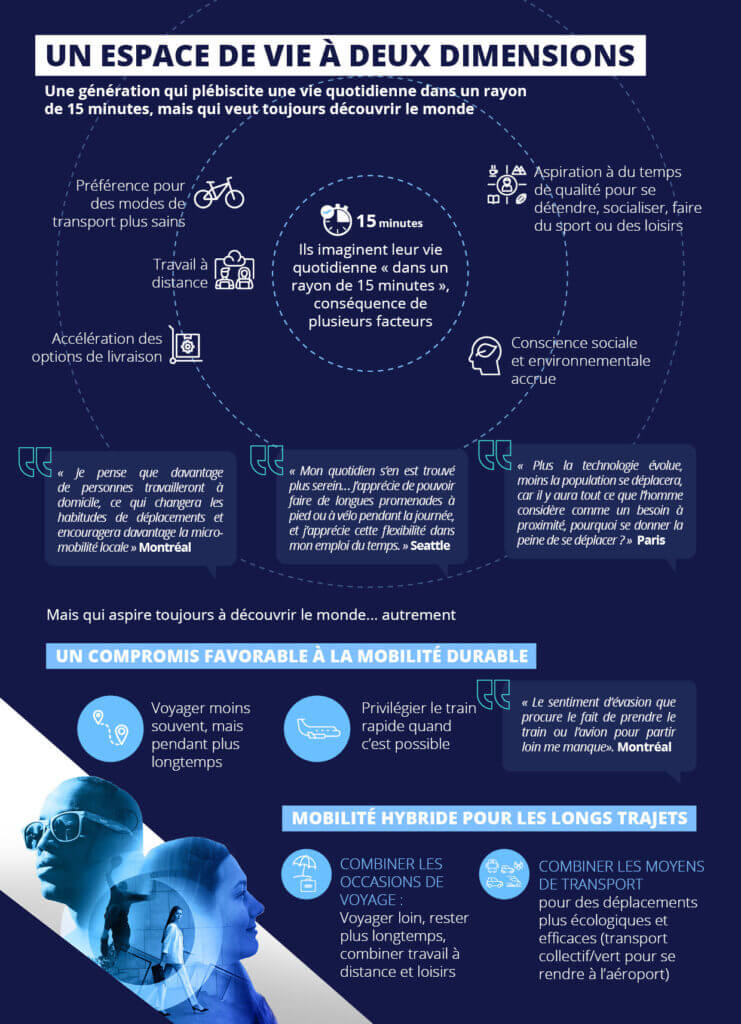
Share
Tweets de @movinonconnect
Movin'On 2035 TODAY EP02 - Circular Economy & Competitivity
Movin’On 2035 TODAY EP01 – Fair Mobility for All https://x.com/i/broadcasts/1yNxagBrWZbGj
✨ THAT'S A WRAP!
Movin'On Summit 2024 has just concluded in Brussels!
More than 350 leaders and experts in sustainable mobility gathered to exchange ideas, collaborate, and share their vision for desirable and decarbonised mobility in Europe. Together, we explored ways to build…
🔴 Live from #MovinOnSummit2024
@AshaSumputh has just invited Denis Machuel, CEO at @AdeccoGroup and Florent Menegaux, President of the @Michelin Group & President of Movin'On
Sustainable mobility news
Discover the latest trends, analyses per theme, and our next meetings.
